Sustainable Water Solutions through Wastewater Treatment and Recycling
India is home to about 16% of the world’s population while supporting only 4% of its water resources (Water in India: Situation and Prospects, UNICEF 2013). India has transitioned from a ‘Water Adequate’ country in 1975 to a ‘Water Stressed’ country today (Grail Research, 2009). To ensure that we do not enter the dreaded ‘Water Scarce’ country list, a sustainable approach to water management is necessary. Treating wastewater and reusing it for non-potable, indirect potable and direct potable uses is prevalent in many countries across the globe. One of the primary challenges to achieving water sustainability is release of untreated wastewater from domestic and industrial sources into natural water bodies like rivers and lakes. This leads to increased water treatment costs for downstream users and for people using untreated water, becomes a health hazard. Untreated industrial effluents are capable of destroying entire ecosystems and prolonged exposure to polluted water can lead to chronic diseases in large population groups. Wastewater treatment has been in practice since the early 18th century and has continuously improved and become more effective over time. Moving away from outdated wastewater treatment methods that require large land area and prolonged operating times to treat wastewater; newer, faster and more compact technologies have been developed that produce a higher quality effluent that can be reused. Moving Bed Bioreactor (MBBR) is a high rate aerobic treatment option that has a smaller footprint and shorter operation time than the conventional activated sludge treatment. In the field of industrial effluent treatment a number of new coagulants like poly aluminium chloride (PAC) and pH controlling dosing systems are available to effectively remove dissolved hazardous.
substances from the water. Membrane treatment technologies like Reverse osmosis and Ultrafiltration provide ultrapure effluents that can be used for indirect potable and non potable uses respectively. The sludge generated in the treatment process can be anaerobically digested in high rate reactor to produce biogas or be treated to be used as manure. This system, when optimised properly can operate in a closed loop with zero external energy supply. Wastewater from food processing units and other biologically concentrated wastes can be directly anaerobically digested to produce biogas. In addition to these a number of technologies like Sequential batch reactors, activated carbon filters and Upward Anaerobic Sludge Blanket reactors are available to customise the treatment chain according to the influent wastewater to achieve maximum treatment at minimum cost. The systems can also be optimised to provide favourable balance between capital and operating costs. Sustainable water management is the need of the hour for our country and one of the vital steps to reaching this goal is to ensure responsible treatment of wastewater from both domestic and industrial sources. Also reusing treated water and extracting resources from the treatment process, wherever viable, will help achieve water sustainability sooner and alleviate the stress on our natural water resources.
As Ben Grumbles, the president of the Clean Water America Alliance said, “In essence, there is no wastewater. Just wasted water.”
We never know the worth of water till the well is dry.’ — Thomas Fuller
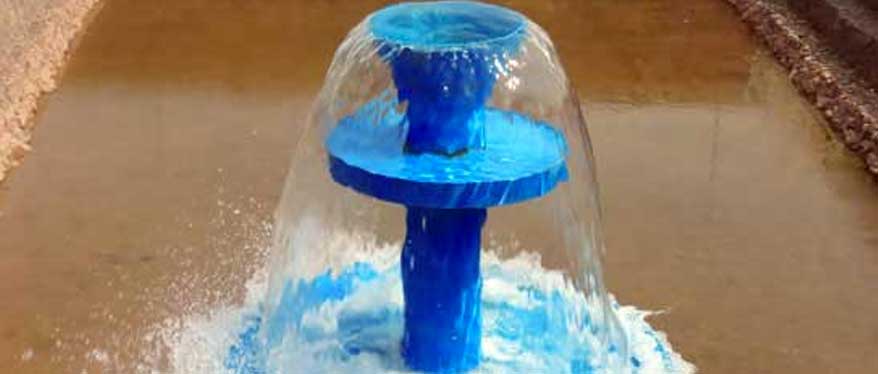
More Blogs
-
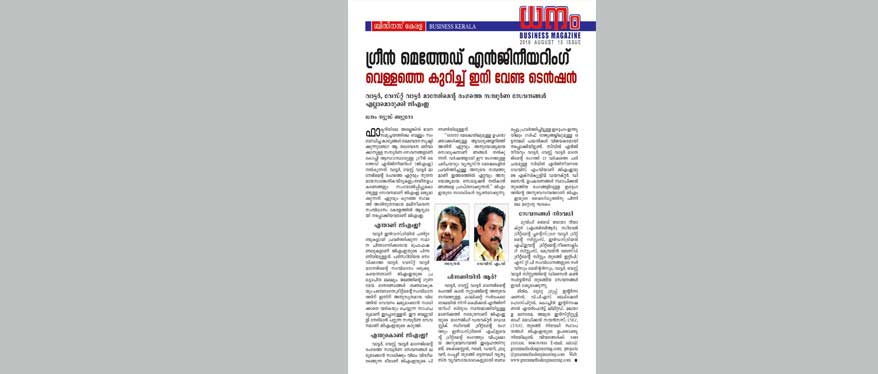
Dhanam Business Magazine
Green Method Engineering (GME) has been offering complete range of water and wastewater solution uti..
-
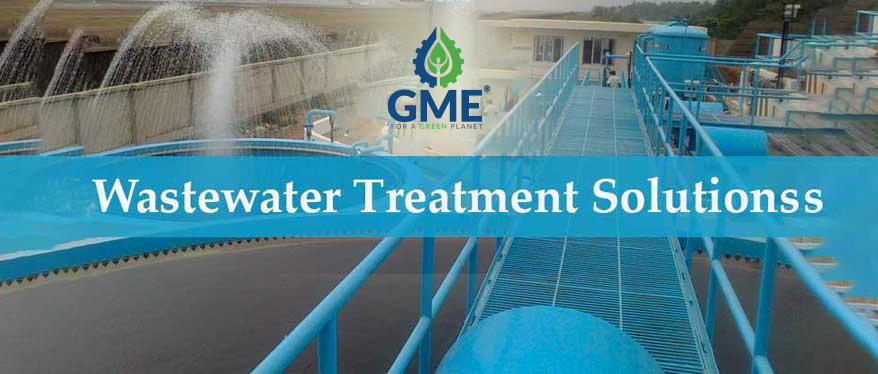
Wastewater Treatment Solutions widely used in India
When dealing with domestic waste or industrial waste, a single treatment solution of cannot almost c..
-
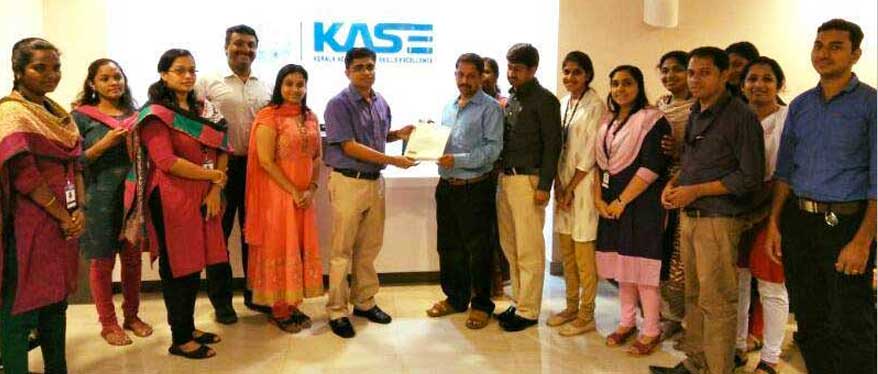
GME takes an initiative to introduce a new certification course for Wastewater Treatment Plant Operator
One of the renowned Wastewater management Company in Kochi, Kerala – Green Method En..
-
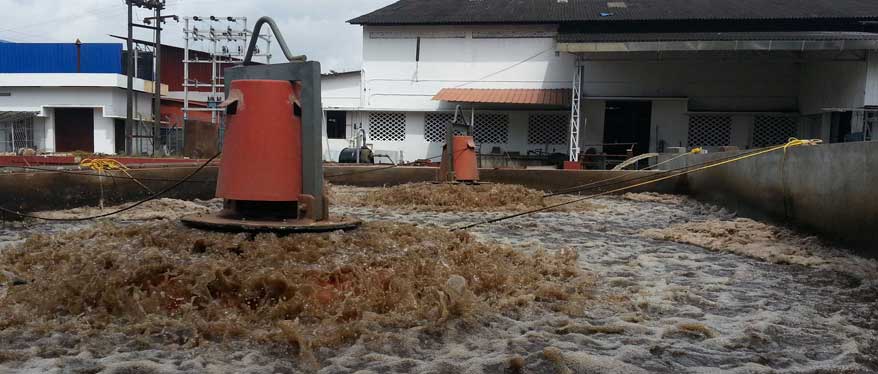
Water Pollution and Preventive measures to be taken
Water pollution is the major environmental issues seen nowadays. Water is contaminated with harmful ..
-
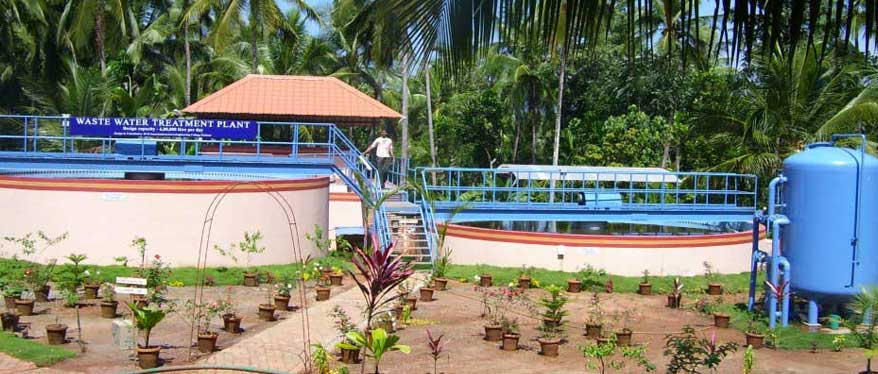
What to Look for in a Waste Water Treatment Company
If you are concerned about the quality of the water, you should be much relieved by now since techno..
-
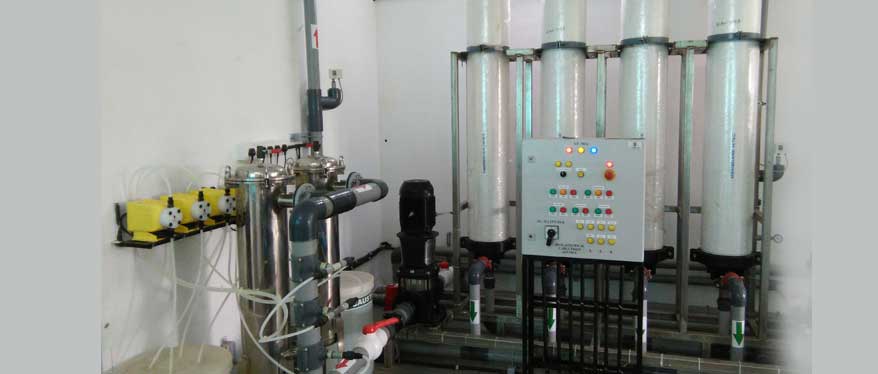
Domestic Wastewater Treatment Methods for purifying water
Understanding the relevance for Domestic wastewater treatment, initial step should be taken at your ..